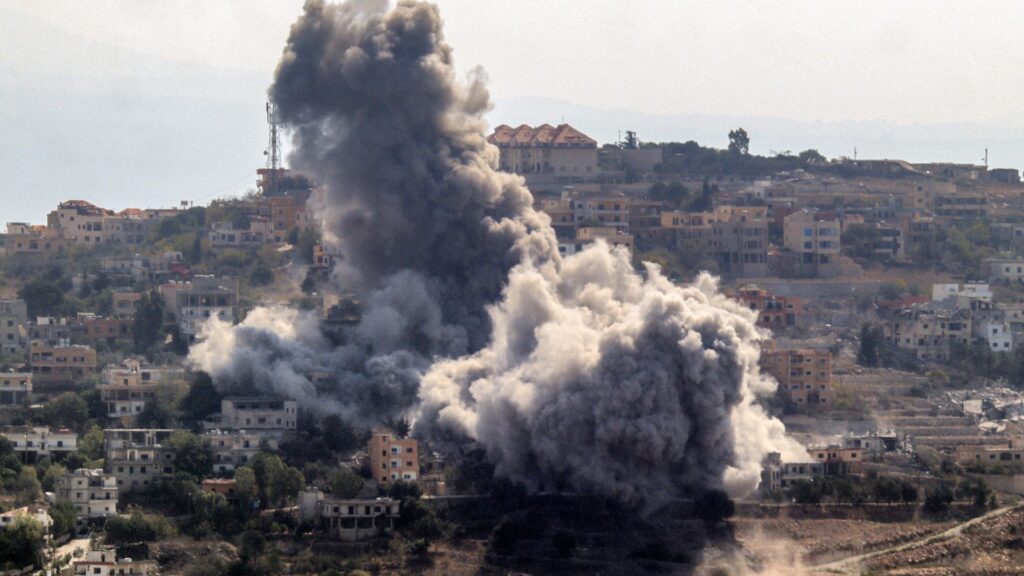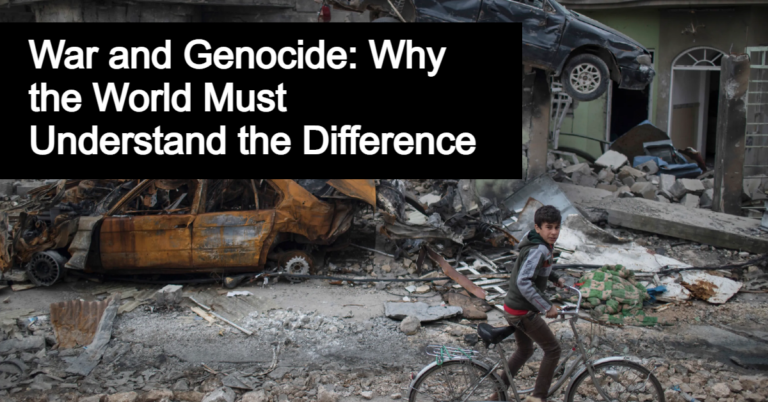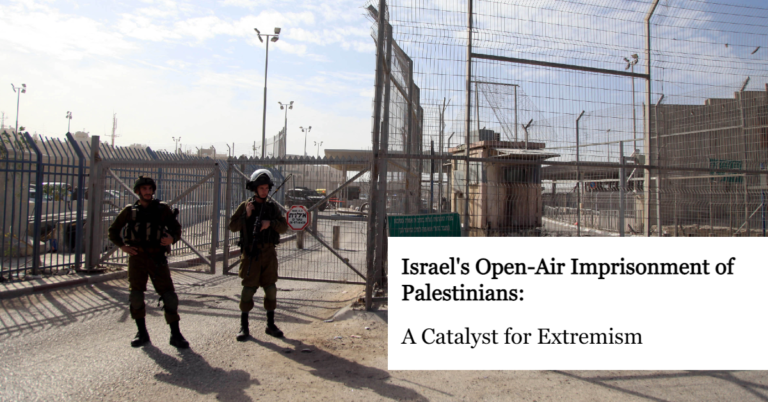
In his first public speech as MI6 chief in 2021, Sir Richard Moore revealed that the UK’s intelligence agency was “actively focused on Iran,” signaling the UK’s deep involvement in global geopolitics. Moore described a “dramatic change in the security landscape,” highlighting what he called a “growing threat from state actors” like Iran, Russia, and China. However, alongside these major players, Moore also identified Hezbollah, the Iran-backed political and militant group in Lebanon, as a significant target for the UK, labeling it “a state within a state.”
Britain’s Military Presence in Lebanon
The UK’s long-standing focus on Lebanon is tied to its desire to counter Hezbollah’s growing influence. Hezbollah, which draws support from Lebanon’s Shia population, is a major force in Lebanese politics and has been a consistent adversary of Western-backed forces, including Israel. To limit Hezbollah’s power, Britain, alongside the US, has spent years strengthening the Lebanese Armed Forces (LAF), positioning it as a potential counterweight to Hezbollah.
The UK’s intervention in Lebanon is not a recent development. British military forces have had a presence in Lebanon for years, long before Israel’s recent invasion, raising the question: What has Britain really been doing in Lebanon?
Lebanon’s Strategic Importance and the Role of Hezbollah
Lebanon’s strategic location in the Middle East has made it a focus for Western powers for decades. For the UK and the US, Hezbollah’s influence is viewed as a proxy for Iranian power in the region. This makes Lebanon a key battleground in the broader struggle between Western nations and Iran’s regional influence.
Hezbollah’s role in defending Lebanon’s Shia communities, especially in southern Lebanon, has made it a symbol of resistance against Israeli aggression and Western interference. However, Western governments, including the UK, have long sought to undermine Hezbollah, fearing that its political power could shift Lebanon further toward Iran’s orbit.
British and American Military Aid to Lebanon
To counter Hezbollah’s influence, the UK and the US have poured military aid into the LAF. Since 2006, the US has provided more than $3 billion in aid to the Lebanese military, training thousands of troops to act as a counterbalance to Hezbollah. Britain has also contributed over £100 million since 2009, focusing on training Lebanese soldiers and providing military equipment, including vehicles and spare parts for border patrol.
One of the primary goals of British and American military aid is to ensure Lebanon remains aligned with Western interests. Labour’s foreign minister, Hamish Falconer, recently emphasized that a “strong, sovereign Lebanon with strong state institutions,” including the LAF, is the best way to reduce Hezbollah’s influence.
Britain’s Special Forces in Lebanon
The UK’s involvement in Lebanon extends beyond military aid. British special forces, including the elite Rangers regiment, have been stationed in Lebanon for months. While the official narrative claims they are there to support potential evacuations, it’s clear their role goes much further. General Sir Patrick Sanders, head of the British army, recently told the House of Commons that UK forces have developed “a very close relationship with the Lebanese armed forces,” providing “insight and influence on Lebanese decision-making.”
This close relationship highlights Britain’s broader agenda in Lebanon—using military support and special operations to exert influence over the Lebanese government and military, especially in the context of rising tensions with Hezbollah and Iran.
What’s Next for Britain and Lebanon?
As the conflict between Israel and Hezbollah escalates, the future of Britain’s role in Lebanon remains uncertain. The LAF, which has recently clashed with Israeli forces, is much weaker than Israel’s military, leaving Hezbollah as the main defender of Lebanon’s southern regions. If Hezbollah survives the current Israeli offensive, its standing in Lebanon is likely to grow, further complicating Western attempts to undermine it.
Britain’s efforts to strengthen Lebanon’s internal security through police training and surveillance programs also suggest a deeper level of involvement. Since 2009, the UK has provided millions in funding to Lebanon’s internal security forces, focusing on areas like border patrols and maintaining control in Palestinian refugee camps, which are often described as volatile.
Covert Western Operations in Lebanon
The Anglo-American military presence in Lebanon is not just about overt military aid and training. Both the US and the UK have been involved in covert operations in Lebanon, with US special forces reportedly conducting a “secret” war against terrorist groups like ISIS and Al Qaeda, and even targeting Hezbollah itself.
While the full extent of Britain’s covert activities in Lebanon remains unknown, it’s clear that the UK’s military presence in the country is about more than just supporting the LAF. Britain’s involvement is part of a broader strategy to limit Iran’s influence in the Middle East and ensure that Lebanon remains within the Western sphere of influence.
Britain’s Hidden Agenda in Lebanon
Britain’s role in Lebanon reflects a long-standing pattern of Western intervention in the Middle East. Through military aid, special operations, and covert activities, the UK and the US have sought to maintain their influence in Lebanon, using the LAF as a tool to counter Hezbollah and Iran.
As tensions rise in the region, Britain’s continued involvement in Lebanon raises important questions about the true nature of its agenda. Is the UK’s presence in Lebanon really about stability, or is it part of a broader strategy to assert control over a key Middle Eastern state?















